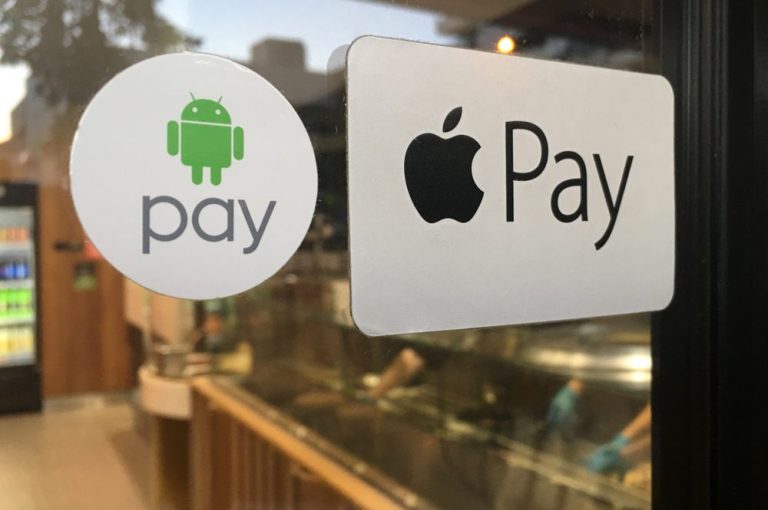Apple Must Face Antitrust Suit Over Apple Pay

Apple must face a lawsuit accusing it of illegally hindering competition for its payment wallet.
A federal judge on Wednesday (Sept. 27) allowed a private antitrust suit against the tech giant to proceed, Reuters reported.
U.S. District Judge Jeffrey White ruled that the plaintiffs in the case — a class of credit unions and financial institutions — could argue that Apple broke federal antitrust law by holding a monopoly over the American market for tap-and-pay wallets for its devices.
PYMNTS has contacted Apple for comment but has not yet gotten a reply.
The suit was filed last year by the Seattle firms of Hagens Berman and Sperling & Slater, which have also sued Apple in other antitrust cases.
“In the Android ecosystem, where multiple digital wallets compete, there are no issuer fees whatsoever, ” said the complaint. “The upshot is that card issuers pay a reported $1 billion annually in fees on Apple Pay and $0 for accessing functionally identical Android wallets. If Apple faced competition, it could not sustain these substantial fees.”
In an email to Reuters, plaintiffs’ attorney Steve Berman said he was happy with the judge’s decision: “There are billions at stake so getting by the motion (to dismiss) largely intact was huge for the class.”
Largely intact, because — as Reuters notes — White also dismissed a “tying” claim that accused Apple of forcing customers who buy iOS devices to also purchase Apple Pay or give up purchases of its competitors’ wallets.
Last month, Apple reported that Apple Pay had helped the company reach record revenue in the payment services category.
“Since we introduced Apple Pay almost a decade ago, customers have been loving how easy it is to make purchases online, in apps and in stores,” Apple CEO Tim Cook said during an earnings call. “We’re also pleased to see Apple Card build on the success of Apple Pay.”
The company’s digital wallet is ahead of all other mobile wallets in terms of share of consumers’ most recent mobile wallet transactions, per the PYMNTS Intelligence report “Apple Pay at 8: Connected-Tech Consumers Lead The Way.”
Wednesday’s ruling comes three months after a similar decision in an antitrust suit involving Apple and Amazon.
In that case, also filed by the Berman law firm, plaintiffs allege that the two tech companies colluded to hike the prices of iPhones and iPads sold on Amazon’s eCommerce platform.